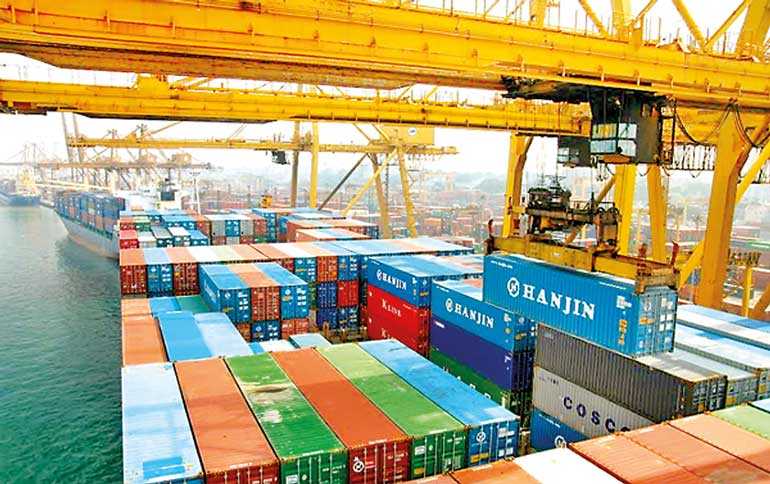ECONOMYNEXT – Sri Lanka needs to convince the public about the benefits of trade so they could prod politicians to make the reforms to reduce living costs and companies more competitive, panelists at a World Bank forum said.
The general public has suffered a lot from protectionism, and the high cost of living that arises from it, but very few are able to link these together, said Subhashini Abeysinghe, Research Director at Verité Research, a think-tank.
As long as the public does not demand trade reform, politicians will not work towards it, she told the World Bank forum where its new report on regional trade in South Asia was launched.
She attributed this to the lack of information regarding policy in local languages.
“Eighty percent of the population in this country speak in Sinhala and Tamil, but all our literature, discussions, programmes and publications are in English,” Abeysinghe said.
“As academics and the government we need to seriously take stock of this failure and have a measure of addressing the issue.”
Suresh Shah, Executive Director, The Lion Brewery Ceylon Ltd., said that it is not merely a matter of economic theory when it comes to implementing trade reforms, but of a communication strategy that needs to be in place.
If the general public understands the necessity of reform there will be a public outcry, to which politicians will need to respond to, he said.
However, there appears to be no such strategy in place in Sri Lanka.
Meanwhile monetary instability in the country has also led to trade controls. Analysts have said Sri Lanka has to have a monetary authority backed by consistent policy to have free trade and stop calls for import substitition. (COLOMBO, 09 October 2018)
Taken from EconomyNext
